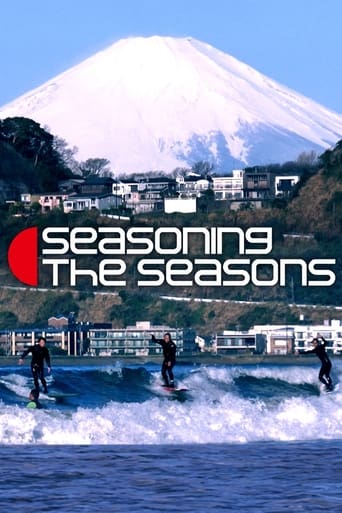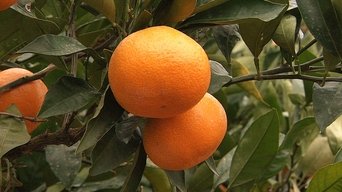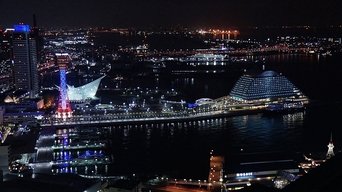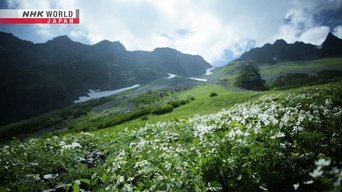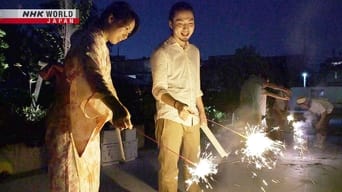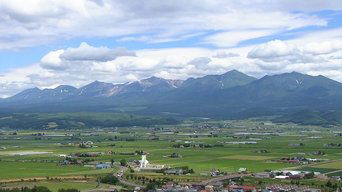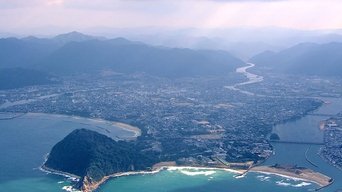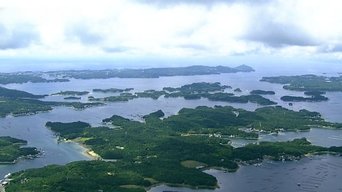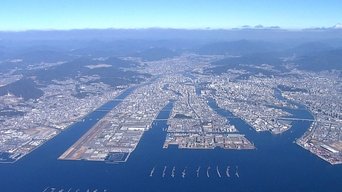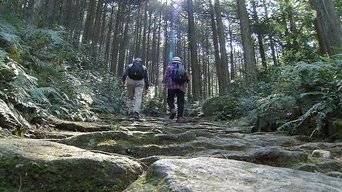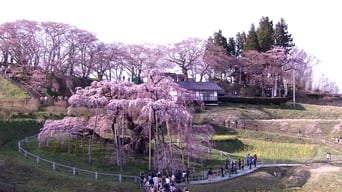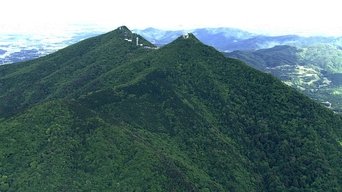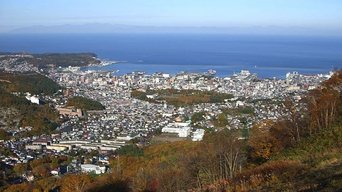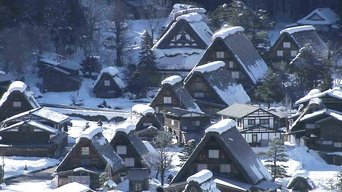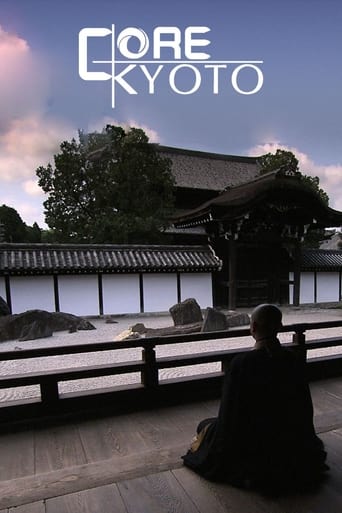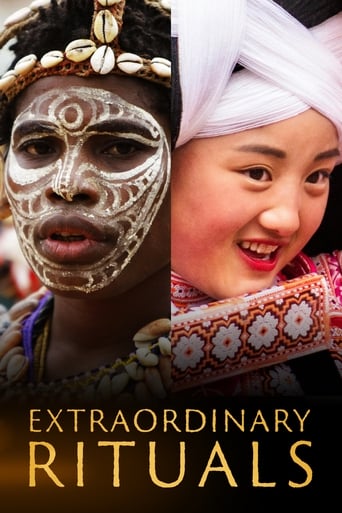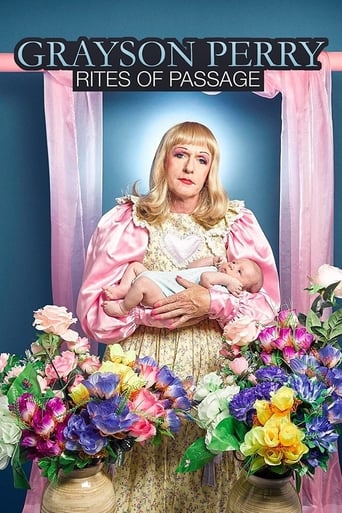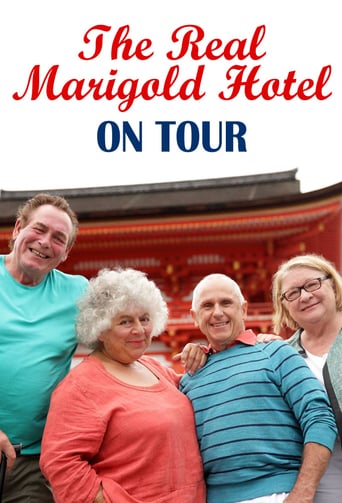Seasoning the Seasons Season 5
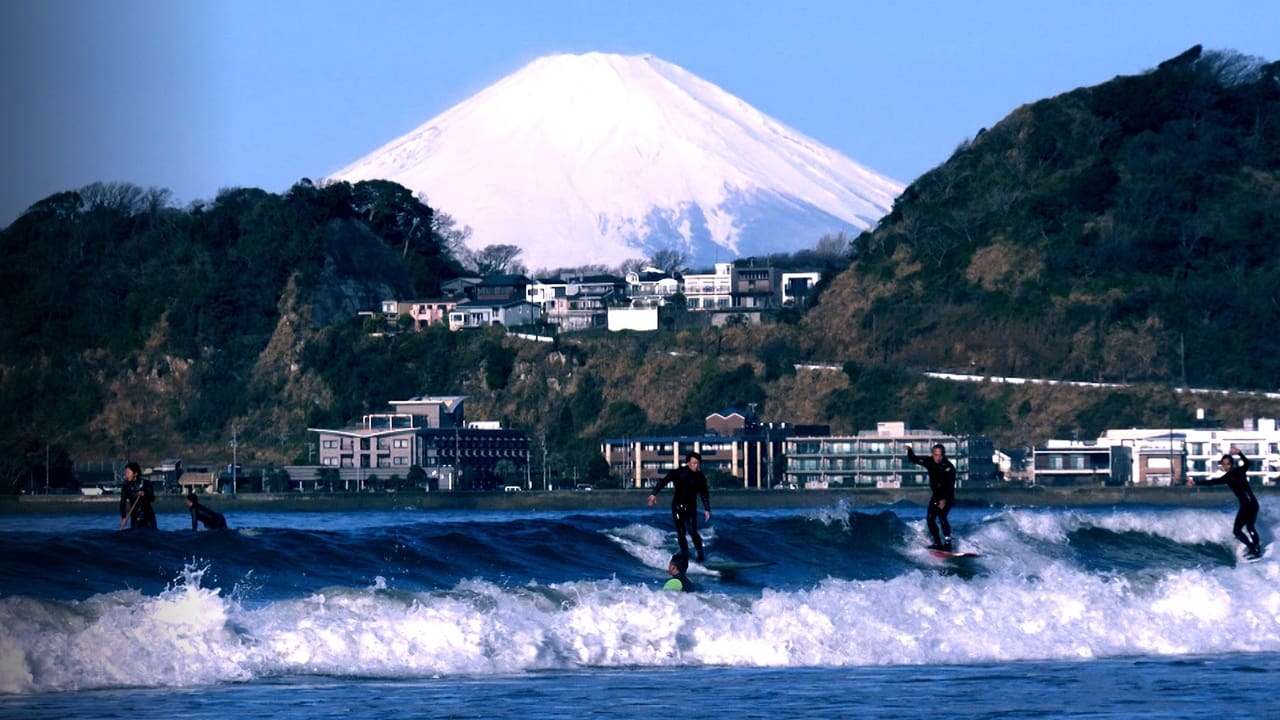
This program visits places across Japan to introduce the charms of their local daily life and festivals fostered by the nation's long history.
Watch NowWith 30 Day Free Trial!
Seasoning the Seasons
2012 / TV-G
This program visits places across Japan to introduce the charms of their local daily life and festivals fostered by the nation's long history.
Watch Trailer
Seasoning the Seasons Season 5 Full Episode Guide
Nagasaki Prefecture is often referred to as the 'home of Christianity' in Japan. The Christian faith first came to Japan in the mid-16th century. As Nagasaki was one of the ports for overseas trade at the time, many became believers. But what followed was a long and painful era for Japanese Christians. The Shogunate banned their faith and oppressed the believers for over 250 years. However, in many parts of Nagasaki, people secretly kept their faith, which has been passed down to their descendants to this day.
The district of Maana in Ehime Prefecture is a leading center for mikan cultivation. Mikan is the Japanese name for the fruit Citrus unshiu, a type of mandarin, which is popular among Japanese people for its health benefits and sweet, fruity taste. The Maana mikan are known for a delicate balance between sweetness and tanginess. In Maana, around 180 farming families grow mikan. All of the farmers produce the same high-quality mikan which is known under the Maana Brand.
Kobe was founded about 150 years ago as an international trading port. Various cultures from around the world have gathered here over the decades. Japan's first tailor-made men's clothing store was opened in Kobe. The custom of eating foreign cuisine in Japan also started here more than 100 years ago. Kobe is a city where various cultures co-exist like a mosaic painting. This is a story of people who live a hardy life in a beautiful harbor city.
The Japan Alps run down the middle of Japan's main island of Honshu, reaching heights of 3,000 meters. Kamikochi is in the north part of the Alps, in the city of Matsumoto, Nagano Prefecture. Surrounded by mountains, the valley lies at a height of around 1,500 meters. The name Kamikochi originally meant 'The Place where the Gods Descends to Earth'. Kamikochi is the gateway to the Northern Alps, which is very popular with climbers in Japan. Every year, more than 1 million tourists visit Kamikochi.
The temperature rises over 30℃ almost every day in the summer of Tokyo. But there are many fond memories unique to Tokyo summers. Kids rushing to summer festivals clutching pocket money. Hand-held fireworks have their own charm, as you can enjoy them even in small areas. A Bon dance with a 300-year history in downtown Tokyo. An unchanged landscape of old times inherited in Tokyo, an ever-changing metropolis. We go on a journey to find stories of summer in the big city.
Haunted houses are a summer tradition in Japan. One step inside the haunted house, darkness envelops you. It's frightening, but it draws you in. Japanese haunted houses have their roots in Buddhist temples. Even today, in a world full of light, darkness continues to scare people. Some want to cling on to their loved ones, while some want to forget everything and simply scream… We travel around the country, experiencing the nation's haunted houses.
Hokkaido is a locale full of vast lands in the north of Japan. In its center, lies the city of Furano. The 3 months of summer, July to September, is Furano's tourist season, and a total of 2 million people come to visit Furano from all over the world. In this episode of Seasoning the Seasons, we bring you a short summer tale of northern Japan.
Hagi and Tsuwano became famous as destinations to visit together when traveling to rediscover traditional Japan became popular. The town of Hagi lies in a delta at the extreme western end of Japan's largest island of Honshu. The town of Tsuwano, just over the mountains from Hagi, lies in a basin surrounded by the Chugoku Mountains. Long ago, both towns were in the same feudal domain. Hagi and Tsuwano are 2 castle towns charming travelers with their history and beauty.
The Shima Peninsula is located in the south of Japan's main island Honshu. It is a great habitat for living things and a treasure trove of high-class seafood. In this region, fishing has carried out by skin divers for many centuries. These divers are all female, and are called ‘Ama' in Japanese. Legends tell that long time ago, the local Ise-Shima sea was chosen by a goddess of the sun. This is the story of the powerful women of the sea who live in Ise-Shima, and the people who keep traditions alive.
Hiroshima Prefecture, in western Japan, is on the coast of the Inland Sea. It is known as the City of Seven Rivers and wherever you go, you always reach the riverside. The city sits on a delta formed by sediment carried down by the rivers towards the sea. The rivers pass through the city on their journey down from the fertile Chugoku Mountains, and enrich not just the lives, but the hearts of the local people.
The Kii Peninsula is in the south of Honshu, Japan's main island. On this peninsula is Kumano Kodo, a series of pilgrimage routes that connect a number of sacred spots. The "Iseji Route" is approximately 170 kilometers long and passes through the eastern side of Kii peninsula. The Route has been a place where many people with troubles and suffering visit. Each pass you traverse, there are encounters with the people who live in that land and a warmth that sincerely welcome travelling strangers. The Kumano Kodo Iseji Route; a place to meet a landscape carved over a thousand years, and the kindness of humanity.
The town of Miharu in Fukushima Prefecture, Eastern Japan, is renowned for its cherry blossoms. Once the long winter has passed and the cherry blossoms bloom, many tourists come to visit the usually quiet countryside. The main tourist attraction is a tree designated as a national natural monument, the Takizakura, meaning Waterfall Cherry Tree. There are more than 10,000 cherry trees all around the town.
Mount Tsukuba is located in Ibaraki Prefecture, about 70 km northeast from Tokyo. The Japanese have revered the mountain since ancient times, as a sacred mountain akin to Mount Fuji. The mountain has a height of 877 meters. Mount Tsukuba, called Tsukuba-san in Japanese, is popular with visitors as anyone can easily climb it. More than 2 million people visit a year. From the old days, it has been believed that a mysterious force dwells in this mountain. In this episode, we present the story of Mount Tsukuba, a sacred mountain rich in mysterious charm.
Otaru is a city in Hokkaido with a canal flowing by the harbor. It was once a center of commerce where goods from all over Hokkaido were traded. People flocked to the city in search of prosperity and success, and the canal has kept the city flourishing. Here in Otaru, there are many old buildings with over 100 years of history. Though located in Asia, the city scenery is reminiscent of Europe. Over 100,000 foreign tourists arrive each year. This is the story of Otaru, a city that's grown together with its canal.
Located in the mountains of Gifu Prefecture, Shirakawa-go is a village full of old-fashioned houses with thatched roofs - and a registered World Heritage Site. The roofs are steeply slanted, products of a building technique called "Gassho-zukuri", which was born of the knowledge built up by surviving in an extraordinarily snowy region. The scenery in the 300 year-old town hasn't changed. Even now, time moves slowly. This is the story of the villagers of Shirakawa-go living hand-in-hand.
Free Trial Channels
Seasons


